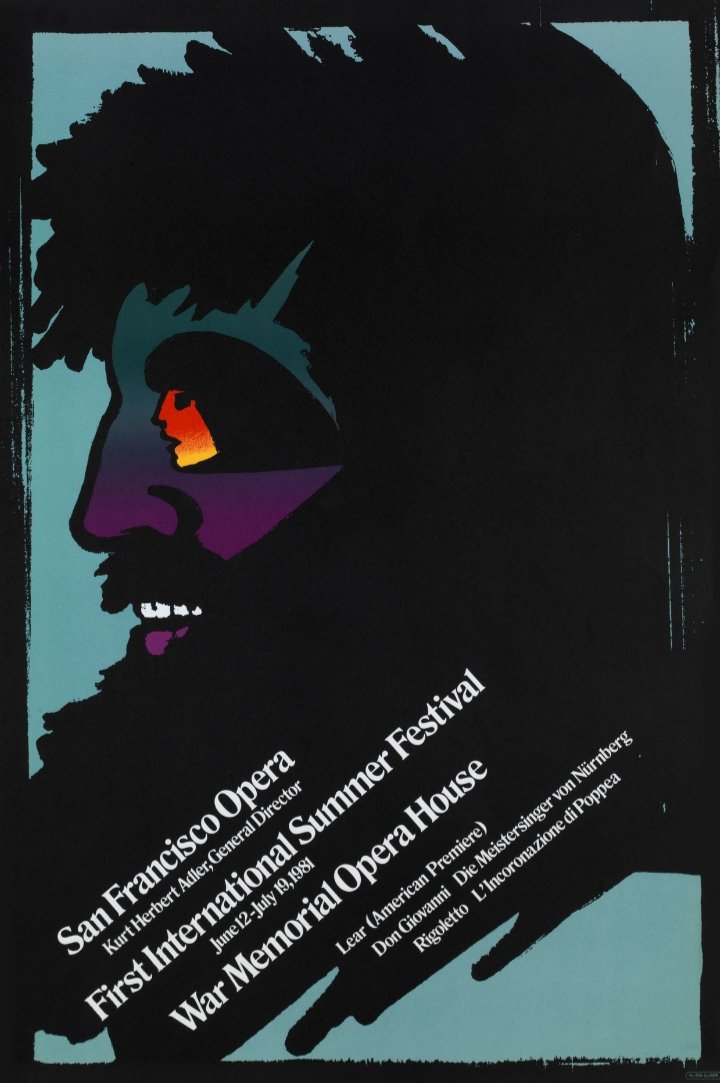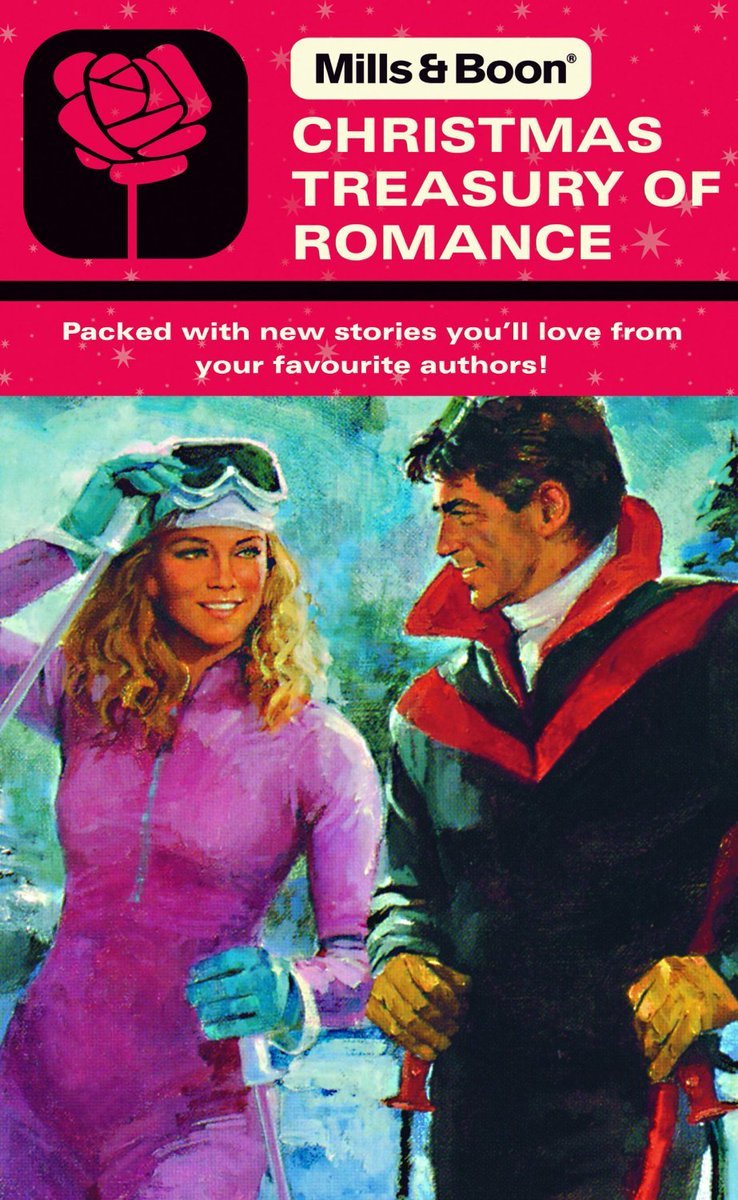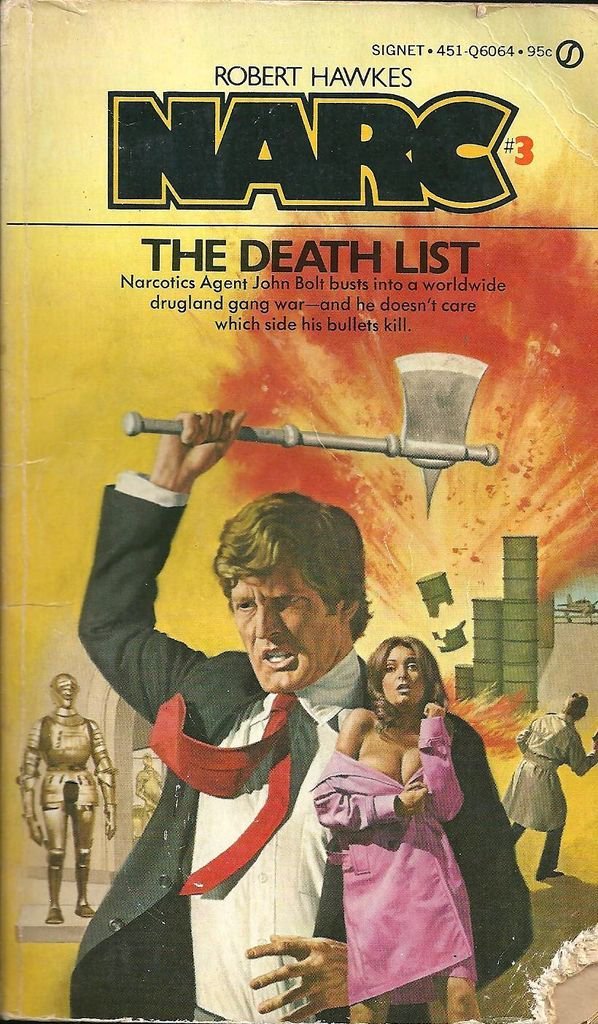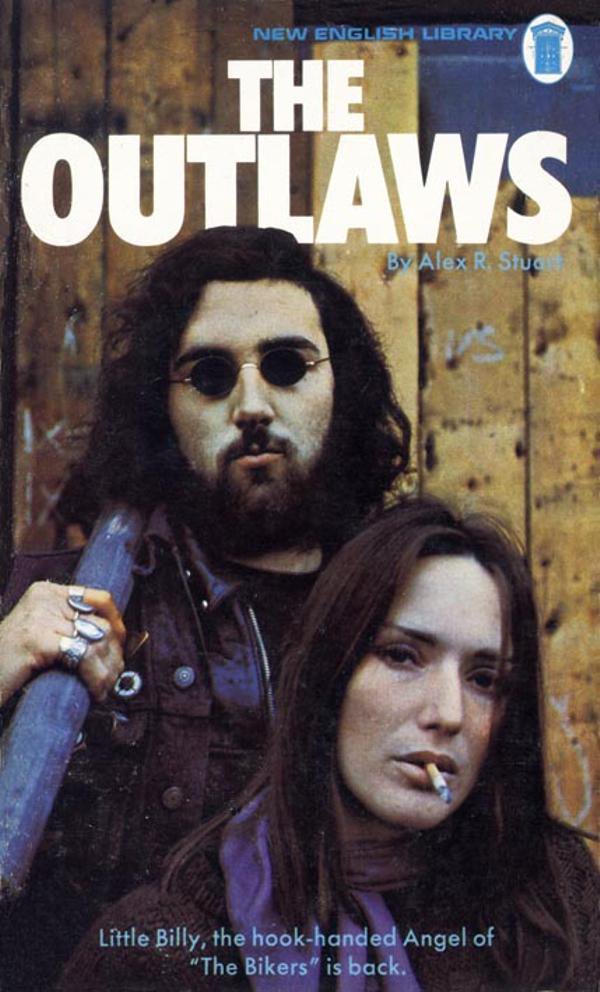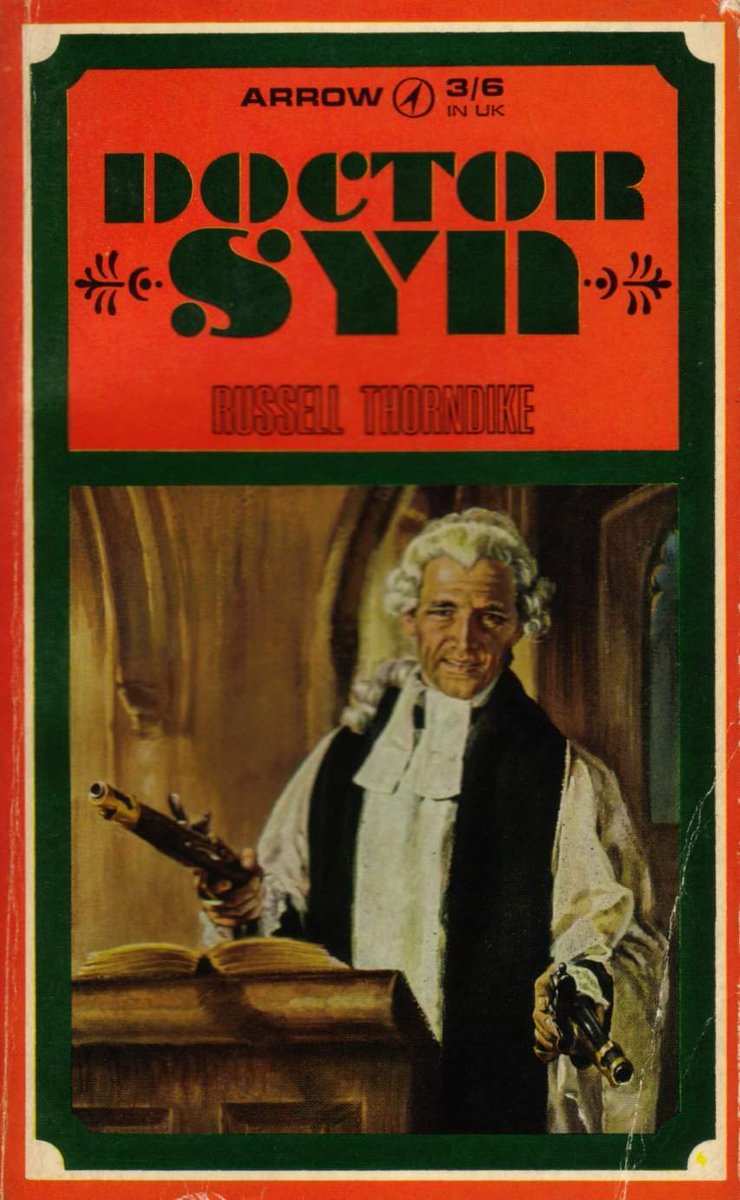I do like the pithy summaries of the Bard's plays by the Shakespeare Birthplace Trust (shakespeare.org.uk)
Here's a few favourites...
Here's a few favourites...
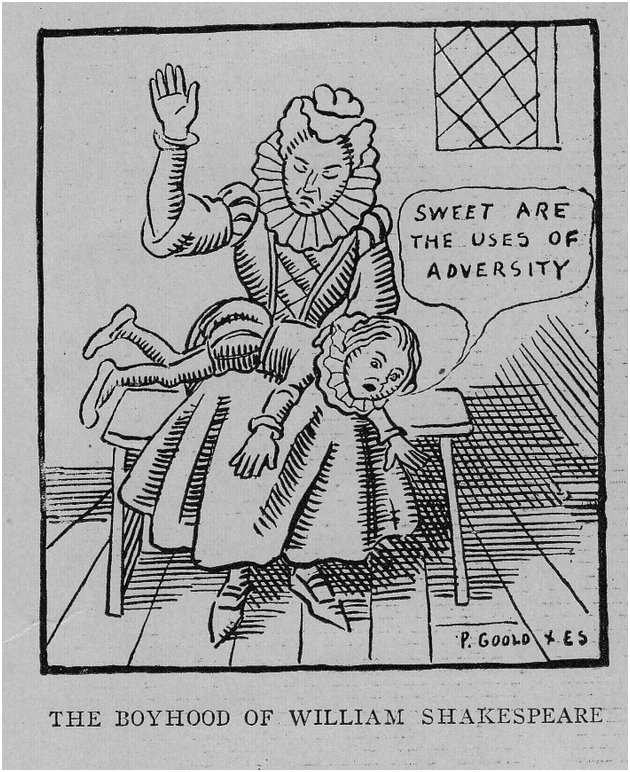
A Midsummer Night's Dream: "People get lost in the woods. Puck manipulates their romantic affections and (in one case) anatomical head shape. They put on a play." 

Twelth Night: "Viola thinks her brother is dead. He thinks she is dead. Everybody thinks that she is her brother. Everybody thinks that her brother is her. Shenanigans ensue." 
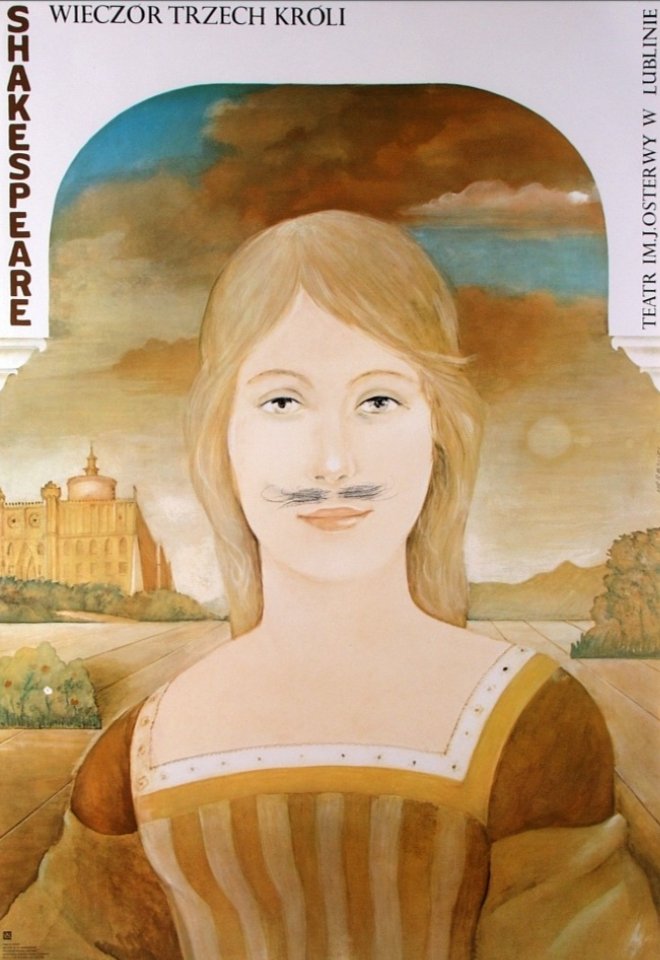
Troilus and Cressida: "Troilus loves Cressida, but she betrays him. Achilles loves Patroclis, but he is killed. The Trojan War goes on. No one is happy." 

The Merry Wives of Windsor: "Falstaff tries to pursue two married women. The women are smart; they put him in a river, dress him as a woman, and bring him to a haunted forest. Everyone is happy." 
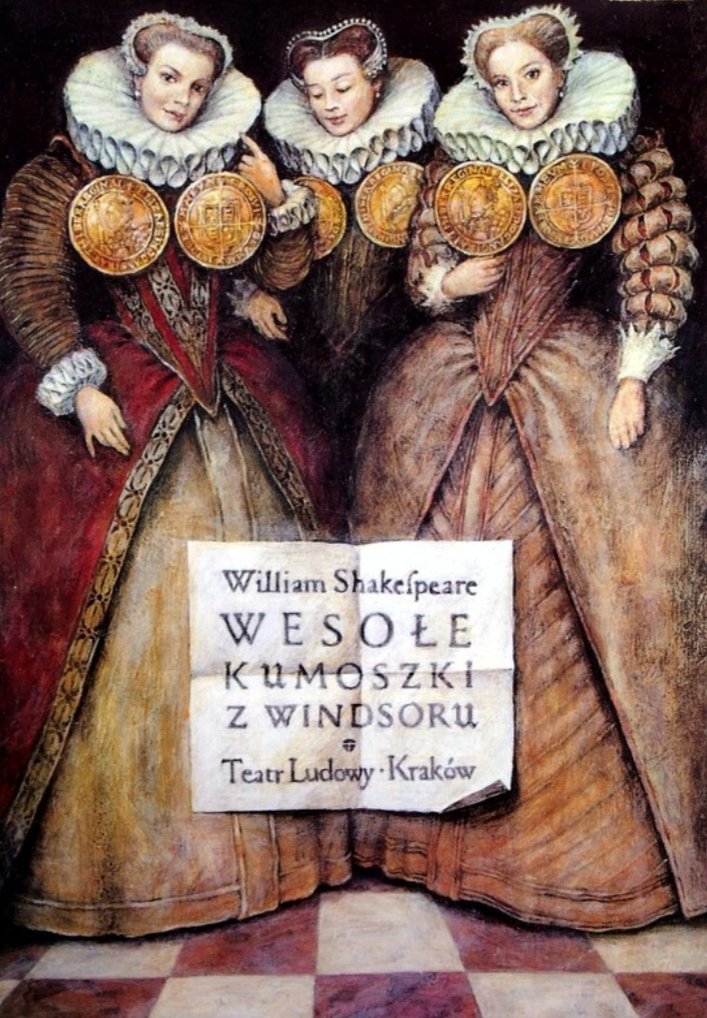
As You Like It: "All brothers hate each other for some reason. Rosalind dresses up as a boy and convinces her crush to hit on her while she's a boy. Everyone is married by a Greek God." 

Henry VIII: "Cardinal Wolsey is shifty. Henry divorces Katherine and marries Anne. Queen Elizabeth is the most extraordinary being ever to be been, praise her." 
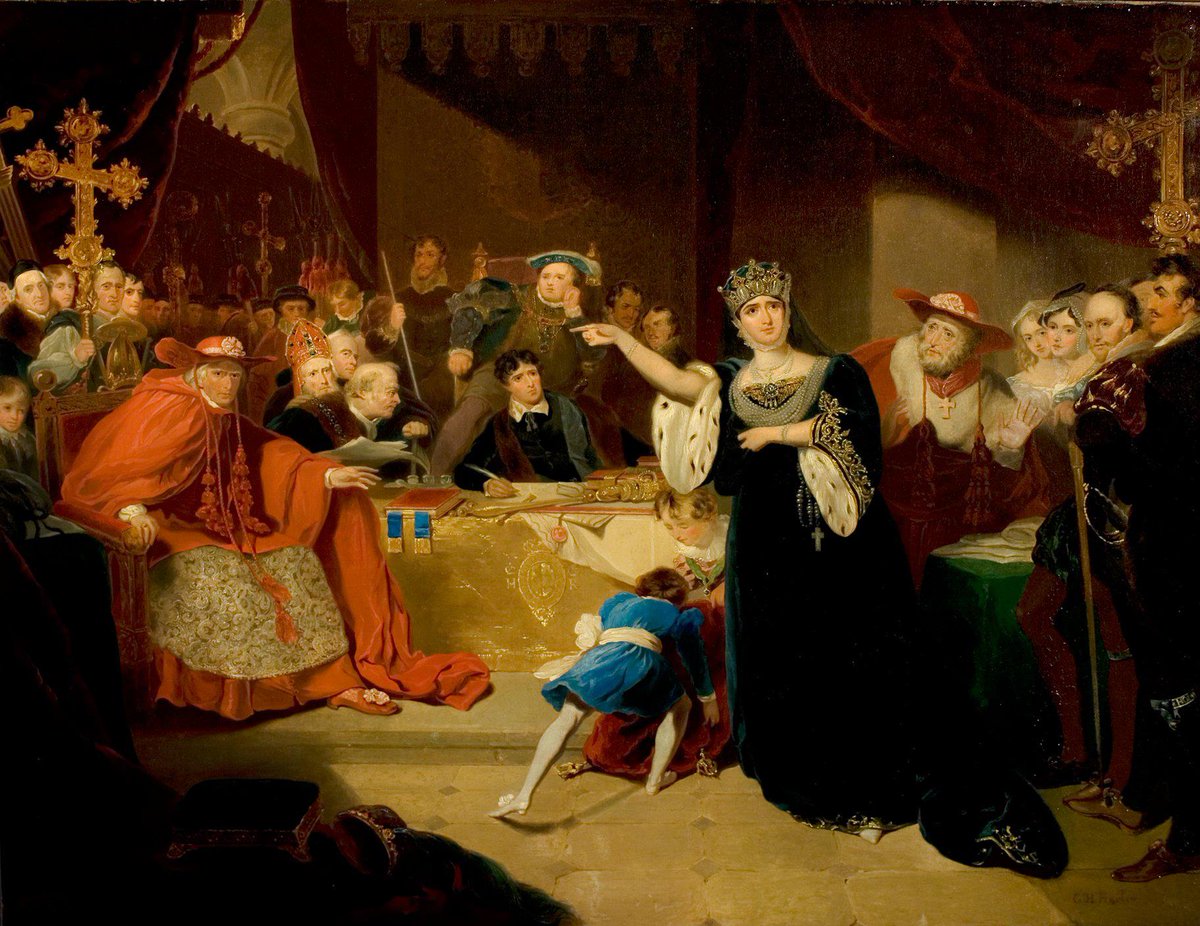
• • •
Missing some Tweet in this thread? You can try to
force a refresh

